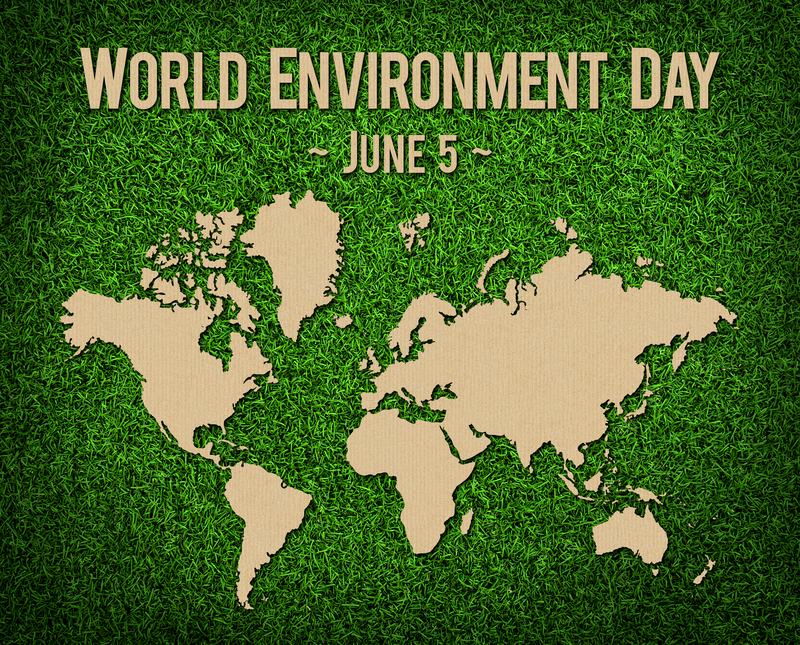Proper trash sorting is an essential part of waste management that not only enhances recycling rates but also contributes to environmental sustainability. It might seem complicated at first, but with a clear understanding and a few simple steps, anyone can become proficient in sorting their waste. This article will break down the process into manageable pieces, making trash sorting simple and clear.
Understanding the Basics of Trash Sorting
Before diving into specific tips and recommendations, it's crucial to understand the basics of trash sorting. Generally, waste can be divided into several categories:
- Recyclables: Items that can be processed and reused, such as paper, cardboard, glass, metals, and certain plastics.
- Compostables: Organic materials like food scraps and yard waste that can decompose naturally and be used as compost.
- Hazardous Waste: Items like batteries, chemicals, and electronics that require special handling due to their potential harm to the environment and human health.
- General Waste: Non-recyclable and non-compostable items that must be disposed of in a landfill.

Sorting Recyclables
One of the most common areas of confusion is what can and cannot be recycled. Here are some general guidelines:
- Paper and Cardboard: Newspapers, magazines, and cardboard boxes are typically recyclable. However, make sure they are clean and dry.
- Glass: Bottles and jars made of glass can usually go into the recycling bin. Be sure to rinse them out first.
- Metals: Aluminum cans, tin cans, and some types of metal cookware are recyclable. Again, cleanliness is key.
- Plastics: Look for the recycling symbol on plastic items. Typically, plastics labeled with numbers 1 and 2 are widely accepted in recycling programs.
Composting
Another essential aspect of waste management is composting. Composting is the process of breaking down organic waste into nutrient-rich material that can be used to enrich soil. Here's what you need to know:
- Food Scraps: Fruits, vegetables, coffee grounds, and eggshells are excellent for composting.
- Yard Waste: Grass clippings, leaves, and small branches can also be composted.
- Non-Compostable Items: Avoid composting meat, dairy products, and oily foods, as these can attract pests and create odors.
Dealing with Hazardous Waste
Hazardous waste requires special attention due to its potential dangers. Common household hazardous wastes include:
- Batteries: These contain harmful chemicals and should be taken to designated recycling centers.
- Paints and Chemicals: Leftover paint, cleaning products, and other chemicals should not be poured down the drain. Instead, bring them to hazardous waste disposal facilities.
- Electronics: Items like old computers, smartphones, and TVs should be recycled through e-waste programs.
General Waste
After sorting out recyclables, compostables, and hazardous waste, the remaining items fall into the general waste category. These items will be sent to a landfill. Examples include:
- Non-recyclable plastics: Items without a recycling number or those labeled with higher numbers that are not accepted in many programs.
- Ceramics and Pyrex: These materials are not typically recyclable and should be disposed of as general waste.
Tips for Effective Trash Sorting
1. Label Bins Clearly: Make sure each bin is clearly labeled with what can and cannot be placed inside. This will help everyone in the household follow the rules.
2. Stay Informed: Recycling guidelines can vary by location. Check with local waste management authorities to understand what's accepted in your area.
3. Educate Others: Share your knowledge with family, friends, and neighbors to help them sort their waste correctly.
4. Reduce Waste: The less waste you generate, the less you'll need to sort. Focus on reducing, reusing, and recycling wherever possible.
Pros and Cons of Trash Sorting
Pros:
- Environmental Benefit: Reduces landfill waste and conserves natural resources.
- Economic Benefit: Can lower waste disposal costs and increase material recovery.
- Health Benefit: Minimizes the exposure to hazardous materials.
Cons:
- Time-Consuming: Requires time and effort to sort waste correctly.
- Space Requirement: Needs space for multiple bins and storage.
- Potential Confusion: Misunderstanding recycling guidelines can lead to improper sorting.

Takeaways
- Proper trash sorting plays a critical role in waste management and environmental conservation.
- Basic categories include recyclables, compostables, hazardous waste, and general waste.
- Effective sorting requires knowledge of what materials belong in each category, effort, and a commitment to reducing waste.
Conclusion
Trash sorting doesn't have to be a daunting task. By understanding the basic categories and following simple tips, anyone can effectively manage their waste. The environmental, economic, and health benefits of proper waste sorting far outweigh the cons. Make a commitment today to start sorting your trash correctly and encourage others to do the same. With collective effort, we can make a significant impact on our planet's well-being.




